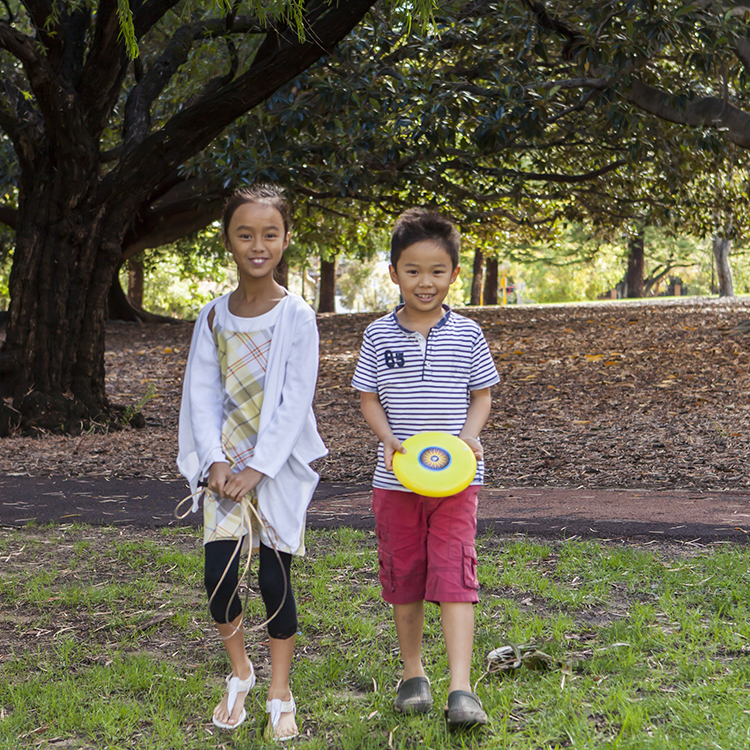Search
Research
Respiratory impedance in healthy unsedated South African infants: Effects of maternal smokingNon-invasive techniques for measuring lung mechanics in infants are needed for a better understanding of lung growth and function...
Research
Online Moral Disengagement, Cyberbullying, and Cyber-Aggression. Cyberpsychology, Behavior, and Social NetworkingThe study of moral disengagement has greatly informed research on aggression and bullying.
Research
What we know about suicide prevention for Aboriginal and Torres Strait Islander peoplesThis fact sheet addresses what we currently know about suicide prevention for Aboriginal and Torres Strait Islander peoples.
Research
Immune Responses to Allergens in Atopic Disease: Considerations for BioinformaticsAllergies are mediated by several immunological mechanisms that make different contributions in different patients.
Research
Does aetiology of neonatal encephalopathy and hypoxic-ischaemic encephalopathy influence the outcome of treatment?Neonatal encephalopathy, a clinical syndrome affecting term-born and late preterm newborn infants, increases the risk of perinatal death...
Research
Risk factors for decline in IQ in youth with type 1 diabetes over the 12 years from diagnosis/illness onsetThis study examined illness-related change in intelligence quotient (IQ) in a cohort of youth with type 1 diabetes studied prospectively from disease onset...
Research
Biomarkers in paediatric Cystic Fibrosis lung diseaseBiomarkers in cystic fibrosis are used for the measurement of cystic fibrosis transmembrane regulator function in order to diagnose cystic fibrosis,...
Research
Assessment and management of nutrition and growth in rett syndromeWe developed recommendations for the clinical management of poor growth and weight gain in Rett syndrome through evidence review and the consensus of an...
Research
A three generation study of the mental health relationships between grandparents, parents and childrenIt is well known that children of parents with mental illness are at greater risk of mental illness themselves.

Our Child Health Analytics Team uses cutting-edge technologies to better understand how and why the health and wellbeing of children varies from place to place. We develop innovative geospatial methods that can harness large, complex datasets to pinpoint hotspots of elevated risk, evaluate change through time, and explore underlying drivers.
